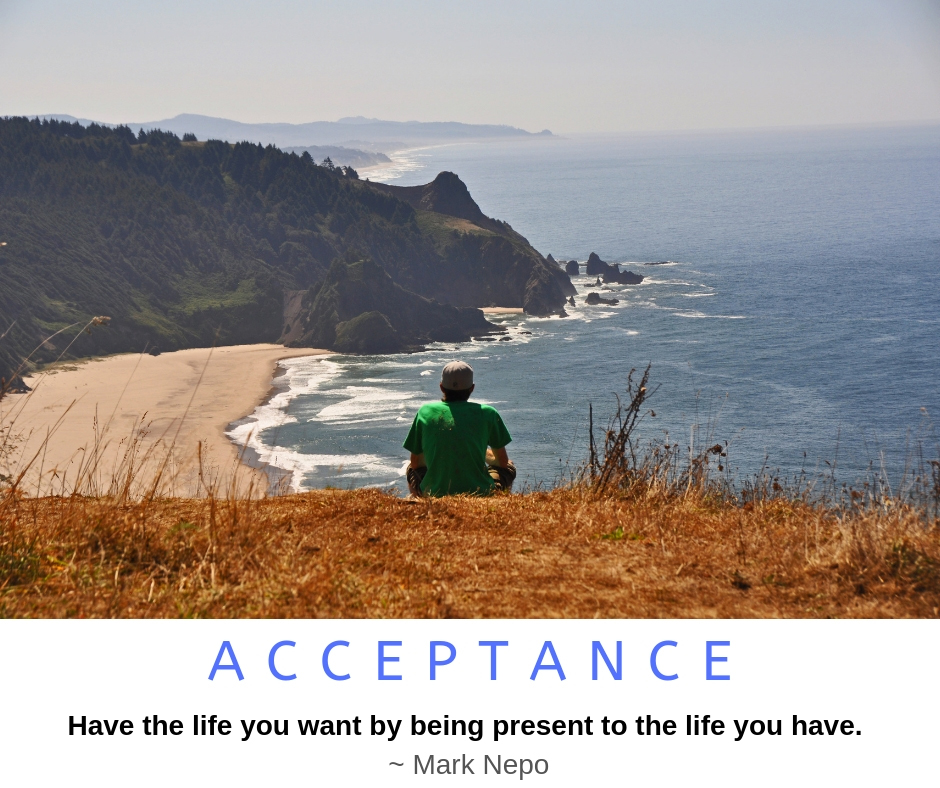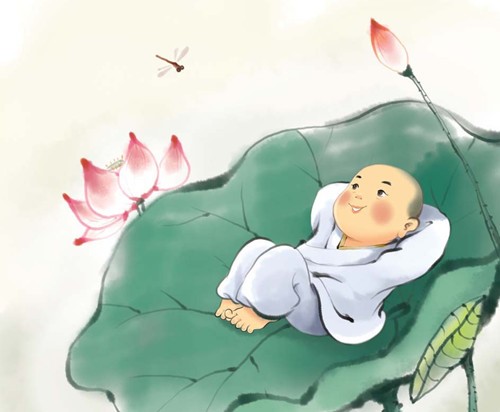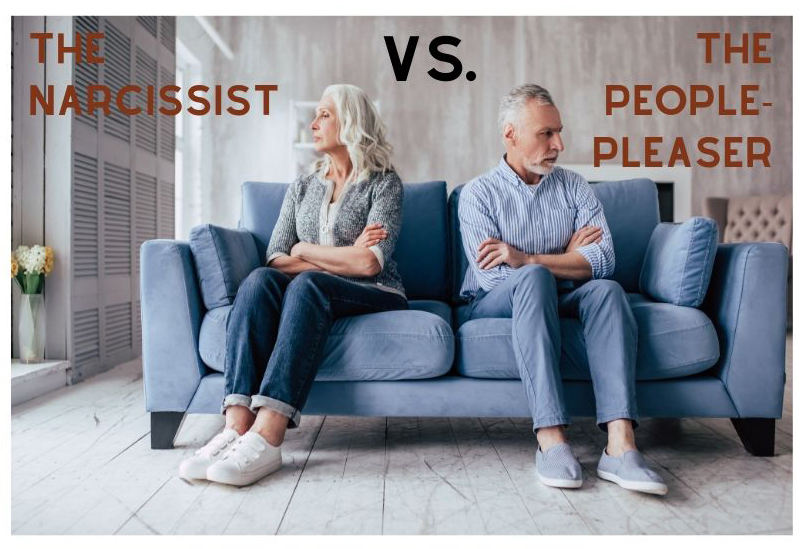
Narcissists and people pleasers love to rescue others. They are opposite sides of the same coin, in a sense, in a bizarre balancing act that serves neither one for the long term. I only know this because I’ve lived it over and over again. Until I became aware of the dynamic and how it destroyed every close relationship in my life, I couldn’t understand how I was part of the problem.
There is no “good guy” VS “bad guy” here! Both personality types are equal in the dysfunction they bring to a close friendship or romantic relationship. I admit to being in the “people pleaser” category, but am no less responsible for the outcomes in my relationships than the other person. The difference is that I choose to be a people pleaser, because it seems “NICER” and I find it easier to be nice. Let’s compare . . . and contrast . . .
The neglect of others (narcissism) is selfish and causes unnecessary distance, confrontation and lack of intimacy. The neglect of self (people pleasing) creates unwanted exhaustion, increased anxiety and also contributes to a lack of intimacy.
One thing both narcissists and people pleasers have in common is the desire to rescue others. The difference is in what motivates them. According Christine Hammond, “Narcissists gain a sense of superiority from saving others, because they were able to solve something the other person could not do on their own. In exchange for the help narcissists demand unending loyalty.”
She goes on to say that people pleasers gain a natural high from the same situation, because they love to feel needed. “This strokes their ego and impression of self as a selfless person. In exchange, people pleasers expect friendship.” What they are both seeking is admiration and control.
The biggest mistake that both personality types make is confusing the attention, admiration, and even affection they receive as LOVE. It is not, because true love requires INTIMACY, which can only happen when both people are willing to be transparent.
Both want control. The narcissist controls through demands, manipulation, and often abuse. In contrast the people pleaser takes on a disguise. They don’t want to be seen as aggressive or assertive, so they control instead through guilt trips and passive/agressive behavior. They want to be liked by everyone.

Do you tend to be more like the narcissist or more like the people pleaser? I freely admit that I am a recovering people pleaser. There it is. I’ve said it, and I will follow this up with evidence in the next blog.
Suffice it to say at this point that in every case, the “dance” of the narcissist and the people pleaser is not only unhealthy, but can be downright dangerous! More on that soon. as well as suggested antidotes.
Thank you for your responses to these thoughts and ideas. Please feel free to SHARE!
Subscription to the Authentic Living Newsletter
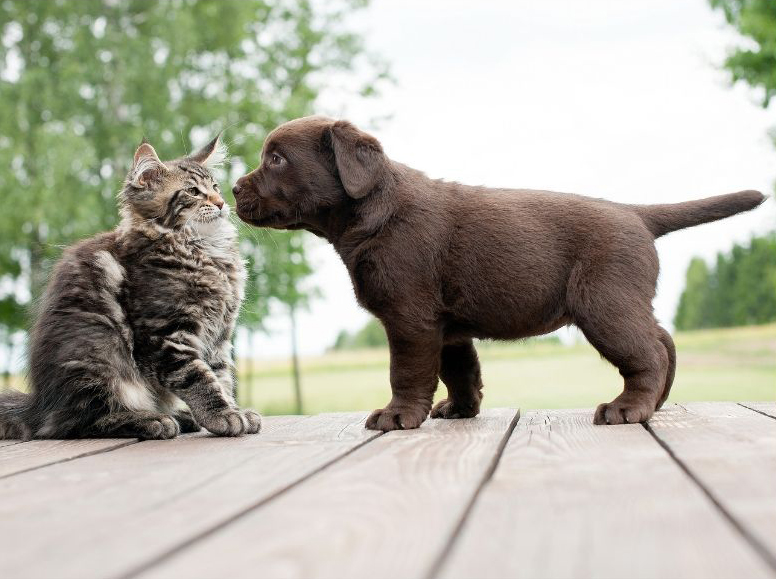

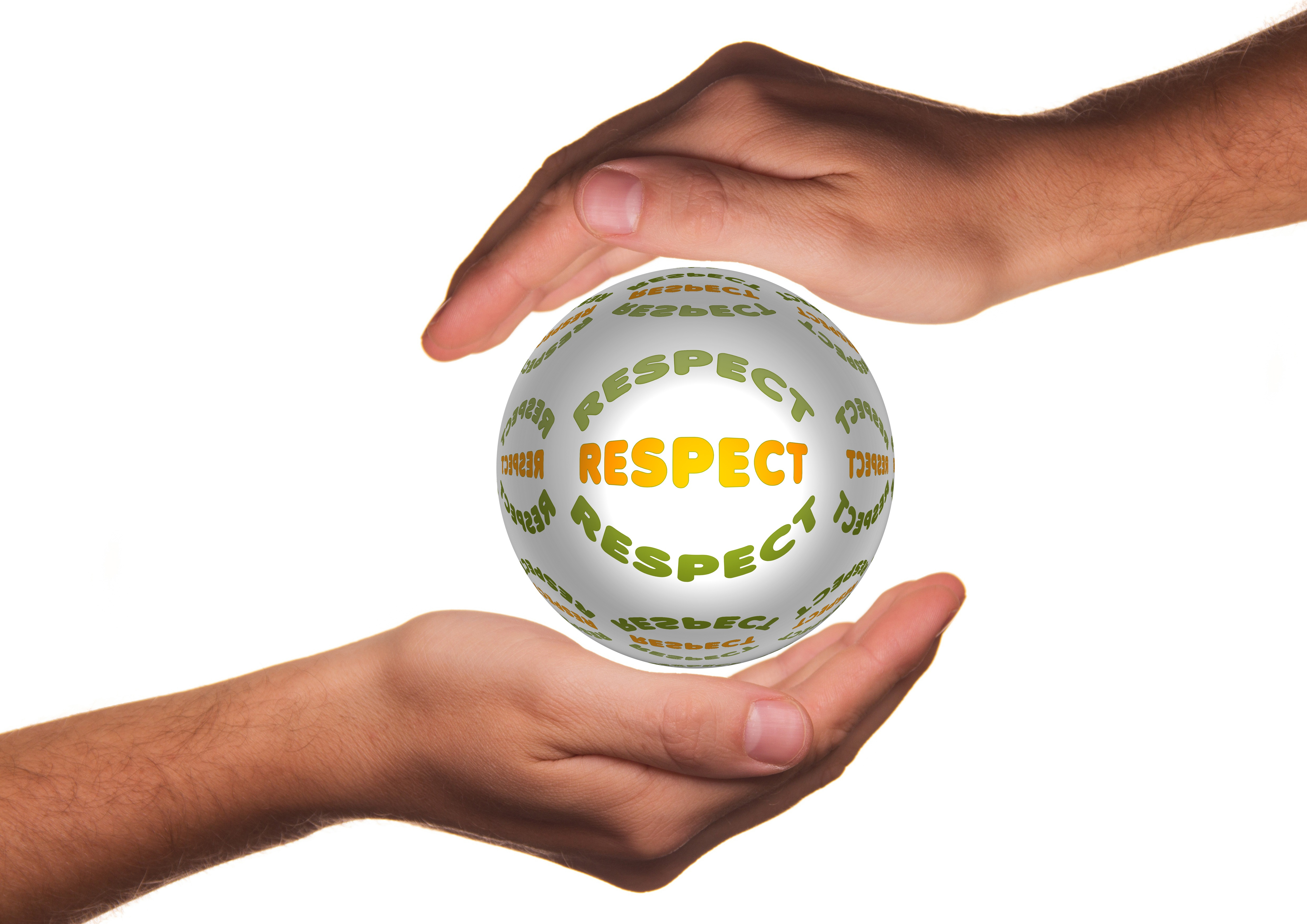




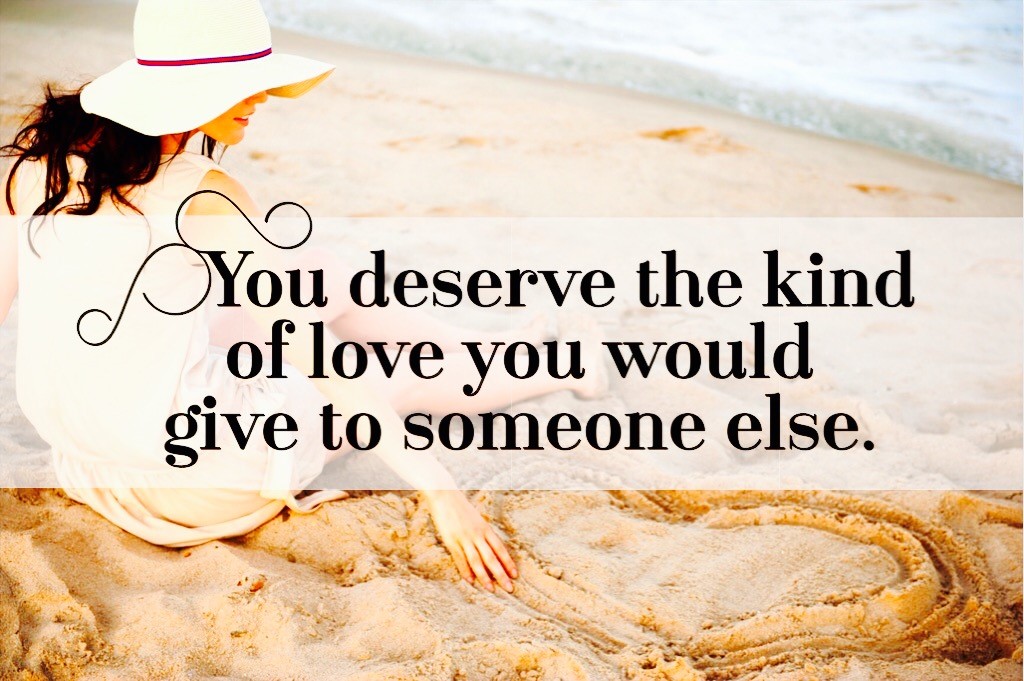
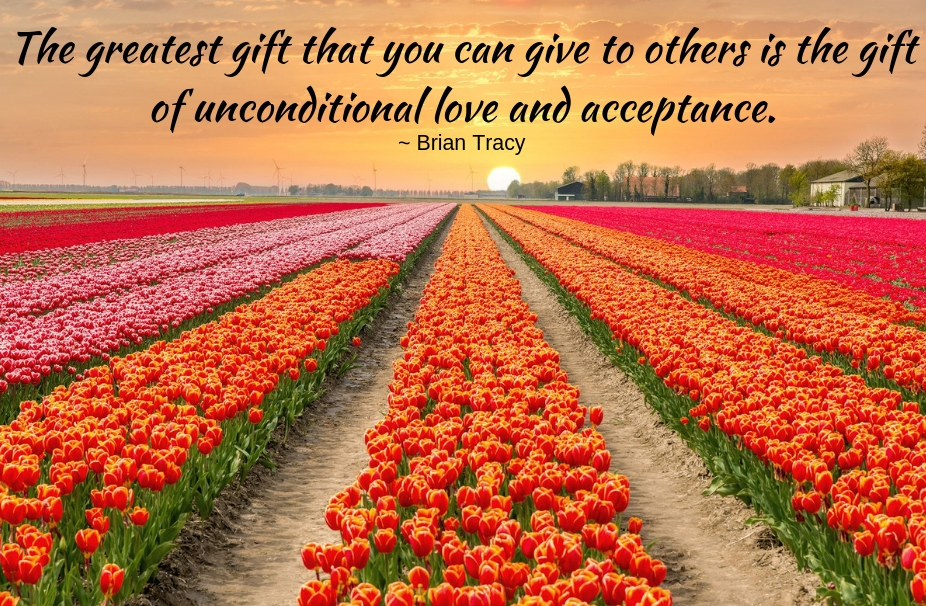

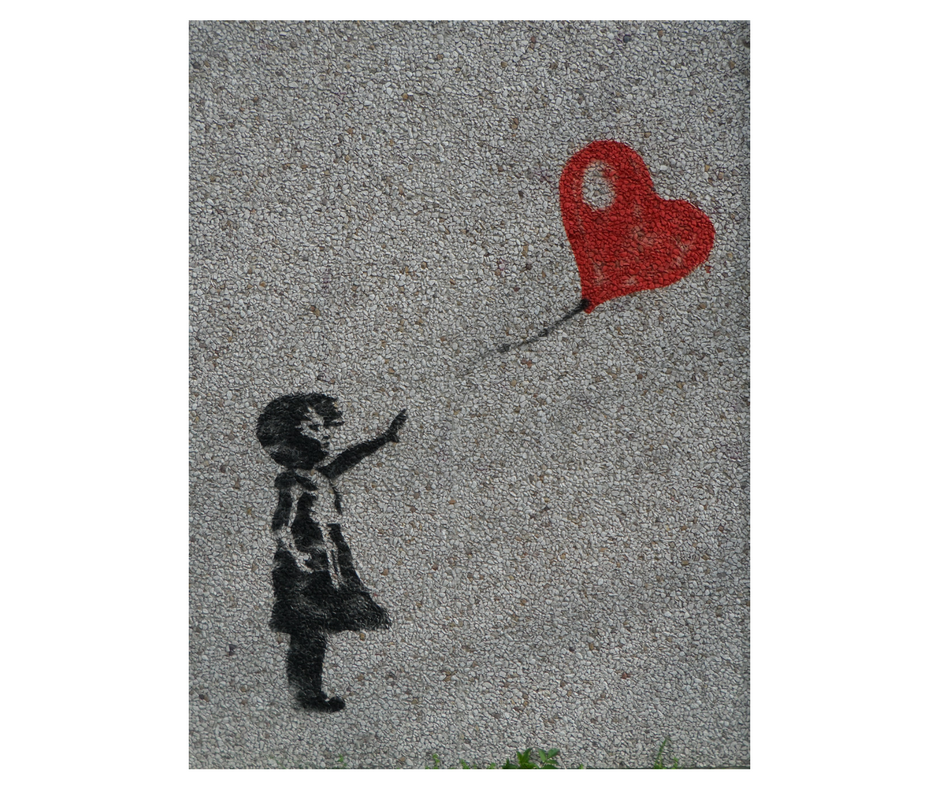
 There is a way of catching monkeys in Asia that takes advantage of the monkey’s obsession with holding on. A coconut is hollowed out and a small hole is drilled in it just big enough for a monkey’s open hand to slip in, but the monkey’s clenched fist can’t pass through. A banana, or some other tempting food item, is placed inside the coconut, which is tethered to a tree, so it can’t be moved. When the monkey reaches it’s hand through the hole to grab the food in its fist, it can’t escape unless it lets go of the food. The monkeys are easily captured this way even though they could escape if they were just to let go.
There is a way of catching monkeys in Asia that takes advantage of the monkey’s obsession with holding on. A coconut is hollowed out and a small hole is drilled in it just big enough for a monkey’s open hand to slip in, but the monkey’s clenched fist can’t pass through. A banana, or some other tempting food item, is placed inside the coconut, which is tethered to a tree, so it can’t be moved. When the monkey reaches it’s hand through the hole to grab the food in its fist, it can’t escape unless it lets go of the food. The monkeys are easily captured this way even though they could escape if they were just to let go. 
